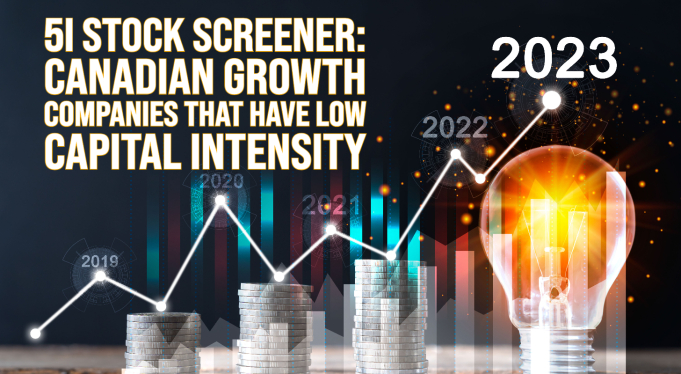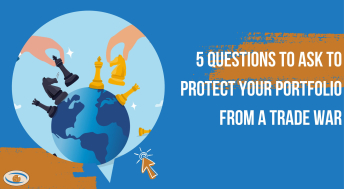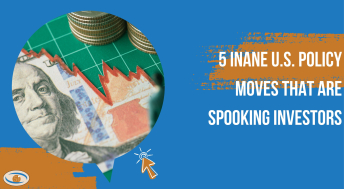Investors usually reward companies that are growing fast at a premium valuation compared to the general market or its peers’ group. However, there is one critical point that differentiates high-quality growth and so-so growth, as not all growths are created equally.
Revenue growth consists of two primary engines including price increases (which we discussed in our previous blog regarding pricing power), and volume increases. As for volume growth, companies usually require a certain amount of capital investment to support it. For example, in order to sell more units, a retailer may need to open another store to increase shelf space and traffic. This investment consumes capital either in the form of debt or equity (issuing shares or retained earnings). However, for a software company, it requires minimal capital expenditure (almost none) to support one more user. As a result, growth for these companies is highly scalable and valuable, as it costs next to nothing to achieve it.
As investors, we need to evaluate the quality of a company’s growth which ranges from:
1. High-quality (capex as a percentage of revenue usually less than 5%): which needs minimal capital to achieve high growth in industries such as software, med-tech, strong brand name consumer products, etc.
2. Acceptable quality (capex as a percentage of revenue usually from 5% - 15%): which requires capital, but offers an appropriate return usually in industrial, retail, railroad, freight, etc.
3. Or the worst of all growth destroys value as the company requires significant capex without good enough returns, most often found in industries such as energy, airlines, telecom, etc.
Growth without a commensurate (or minimal) amount of additional capital investment is the hallmark of investing. Therefore, these names are usually the safest to own but hardest to find as the list of names is usually short and they are often trading at a premium multiple.
Below we have screened for companies with the following criteria:
- Capital expenditures (Capex) as a percentage of revenue that is less than 5%
- Revenue compounded annual growth rate (CAGR) in the last seven years of at least 8%
- Market cap larger than $100 million
- Net debt/ EBITDA of the trailing twelve-month that is less than 2.0x
The criteria above measure a company’s capital intensity, the rule of thumb is the lower the additional capital expenditure required to achieve growth, the more attractive the growth is. Therefore, we screen companies that have capex as a percentage of revenue that is less than 5% in the most recent fiscal year. In addition, we filter companies with revenue growth of 8%. This number is not high, but when considering that this growth was achieved with minimal capex and growth is sustained over seven years, this criterion actually becomes a really high bar to screen high-quality names. As usual, we prefer companies that are over $100 million in market cap, as these companies have proven themselves to be mature entities with healthy trading volumes. Lastly, we like conservative companies with a low debt level, with net debt/EBITDA of less than 2.0x
Here is the screener:
|
To put things into perspective, there are 219 companies out of 690 names (31%) within the Canadian market that have a market cap larger than $100 million and also have a capex/revenue of less than 5%. But after putting the criterion of 7-year revenue CAGR, it only results in 18 names out of 690 names, equivalent to only 2.6%. Therefore, we think the screener filters out a niche subset of the market that consists of high-quality names.
A quick reminder is that valuation matters, as high-quality growth is not worth an infinite price. A good company can always turn into a bad investment if being purchased at an excessive valuation. While a bad company can be a solid investment if being purchased at a sensible price. Investors need discipline in how much to pay for a company.
Members will recognize some of the names that we cover in our Model Portfolios and coverage list such as Constellation Software Inc. (CSU), Richelieu Hardware Ltd. (RCH), and TMX Group Ltd (X).
Again, these companies on the list are not recommendations, but rather a starting point that helps investors generate potential investment ideas and strategies. Investors can view our previous screener blog here.
Take Care,

Disclosure: The analyst(s) responsible for this report do not have a financial or other interest in the securities mentioned.






Comments
Login to post a comment.